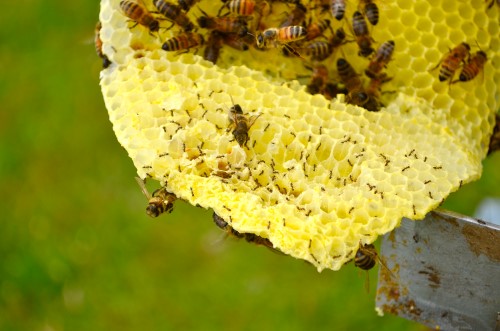Silencing immunity to control the spread of alien invaders

Professor Phil Lester from Victoria University of Wellington will identify immunity genes in the highly invasive Argentine ant, with the aim of silencing these genes to reduce the ants' abilities to survive disease. This will have implications for pest control and management strategies
Published 2 November 2017
Invasive species often have no natural predators to control their numbers. Many rapidly colonise vast areas, out-competing native species and causing widespread environmental damage. However, some of these alien invaders crash to low numbers only a few years after colonisation. If we can understand why, we can use this knowledge to help control their spread.
One leading theory for this boom and bust cycle in invasive species is that pathogens, tiny disease-causing organisms, are responsible. As an invader accumulates bacteria and viruses in its new habitat, it spends precious resources fighting the infection, thereby reducing its fitness and competitive ability. Professor Phil Lester from Victoria University of Wellington and colleagues have been awarded a Marsden Fund grant to study this theory in a very successful invader― the Argentine ant.
The Argentine ant is one of the world’s worst invasive species. Having successfully invaded New Zealand, the ants cost our economy millions of dollars each year in reduced crop production and treatments attempting to control their numbers.
Professor Lester and his team will use the latest genetic techniques to identify and switch off the genes that enable the ant’s immune system to fight a variety of pathogens. This innovative immune-silencing treatment can then be administered to ants in the wild through baits specifically designed to only target Argentine ants.
Professor Lester’s research will improve our understanding of disease spread, especially in invasive species, and has the potential to effect a major change in traditional invasive species management. Not only could the system control the Argentine ant population in New Zealand, but potentially could be adapted to other highly invasive species around the world.
